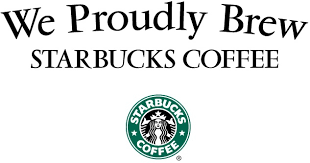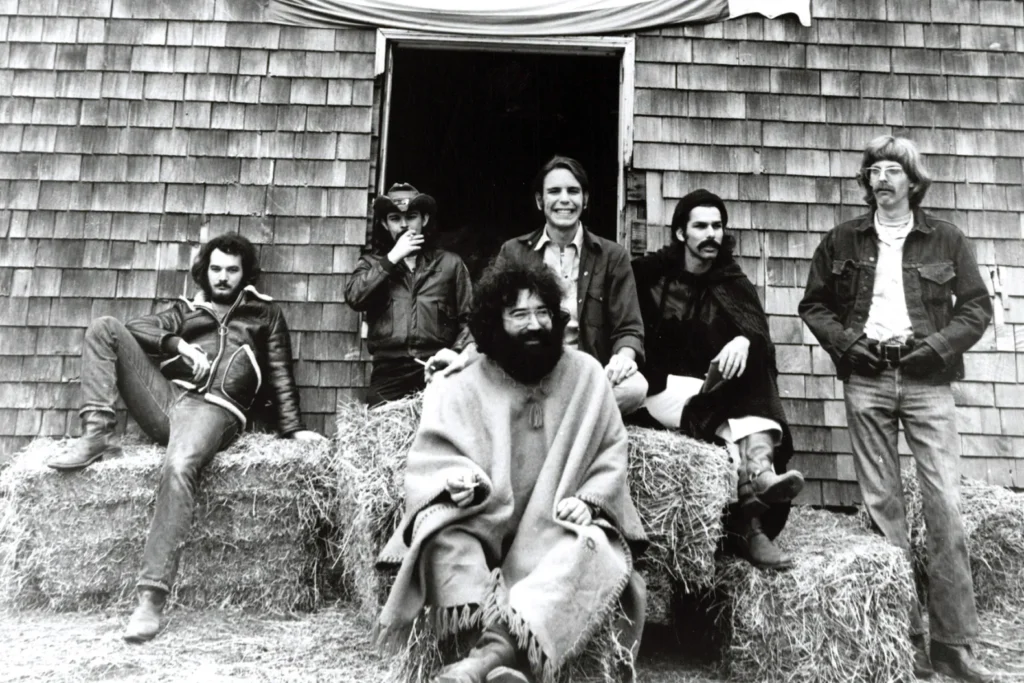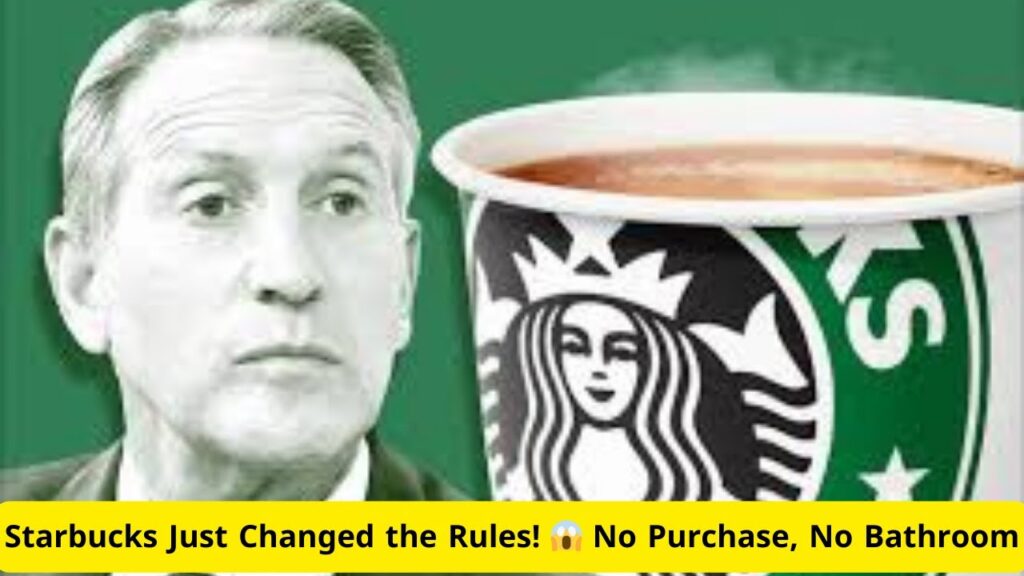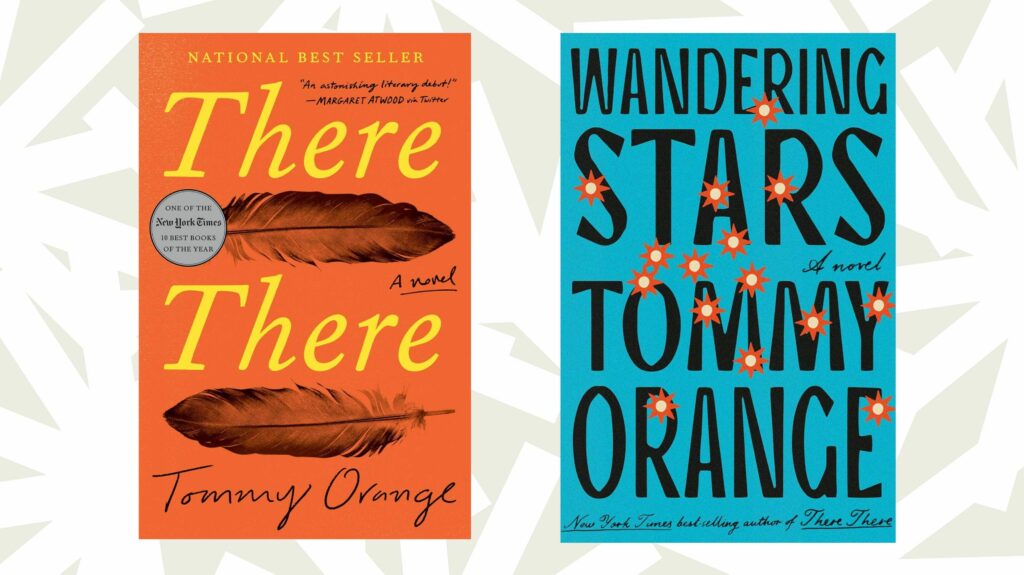 As faith in public institutions wane, what’s left? According to a NBC News/Wall Street Journal poll released this past January 19, President Trump’s approval rating registered at 39 percent, the lowest the poll has found for any modern president after one year in office.
As faith in public institutions wane, what’s left? According to a NBC News/Wall Street Journal poll released this past January 19, President Trump’s approval rating registered at 39 percent, the lowest the poll has found for any modern president after one year in office.
Congress? Much worse. Gallup put the average U.S. Congressional job approval rating at 19 percent at the end of 2017.
Religious institutions, which formed the core identity of many Americans and played a major role in our lives are losing relevance, and by inference, trust, as well. A Scientific American headline from last year says it all: The U.S. Is Retreating from Religion.
“Since 1990, the fraction of Americans with no religious affiliation has nearly tripled, from about 8 percent to 22 percent. Over the next 20 years, this trend will accelerate: by 2020, there will be more of these “Nones” than Catholics, and by 2035, they will outnumber Protestants. By 2030, say projections, a third of Americans will have no religious preference.”
One thing that Americans do not seem to have lost faith in is brands. The players, product categories and specific brands have changed radically in the past fifty years, but the notion of brands as personal badges has not changed. If anything, brands and their parent companies are more important than ever.
Who do you trust for your health insurance? The cry for a Medicare-for-all, single-payer system may be growing louder as the ill-conceived system continues to struggle, but it’s not going to happen anytime soon. Jeff Bezos to the rescue? The New York Times ran this headline earlier this week: Amazon, Berkshire Hathaway and JPMorgan Team Up to Disrupt Health Care. They are ostensibly setting up a non-profit company to handle health care for their employees only, but it wouldn’t be a surprise to see this new entity – which will surely be a unified health care solution covering care and insurance, becoming available to everyone. No wonder the stock prices of private health insurers went down upon the news.
Again, in whom would you put your faith? Amazon or the dysfunctional U.S. government? In fact, Medicare works very well and is beloved. But a third of the country or more are convinced that Medicare-for-all is a communist plot and assault on our freedom. Many of the rest might be believers in single-payer or a public option, but would either have carry the aura of the Amazon brand? Red state or blue, almost everyone loves Amazon.
As the government continues, at least for the present, to cut investment in everything non-military, trusted brands will have an opportunity to fill the void. In the State of the Union address, President Trump says he wants to spend $1.5 trillion on infrastructure. It would be a miracle if any meaningful infrastructure work got done, but even if Trump’s plan came to pass, he’s only committing the federal government to contribute $200 million, a fraction of the $1.5 trillion total. The rest would need to be sourced from state governments, local municipalities and private sources.
Tired of sports stadiums and arenas being named for companies instead of teams or outstanding people? Get ready to travel on Coke Zero Interstate 80 and have your kids attend McDonald’s Elementary “Public” School. Also be prepared to reach into your wallet to pay a lot more tolls and fees.
This past Christmas, the New York Times published a think-piece titled How Can I Possibly Believe That Faith Is Better Than Doubt?, written by Peter Wehner, a senior fellow at the Ethics and Public Policy Center who served in the Reagan, George H.W. Bush and George W. Bush administrations. It’s a fascinating essay that talks about the interplay of faith and reason. As a devout Christian, he argues strongly in favor of the role of faith in our lives.
He quotes Cherie Harder, president of the Trinity Forum, who states that “faith is tied to love in a way that logical deduction and reason are not. We are changed by what we love more than what we think.”
“Faith can allow us to understand things in a different way than reason does,” he continues, “in a manner similar to what J.R.R. Tolkien meant when he said that pagan myths weren’t lies but rather pointed toward deep truths. The imagination could be integrated into reason, he believed, in a way that helped us to see reality a bit more clearly. Reason is one way to perceive reality; faith — rooted not in partisan ideology but in grace and a sense of the sacred — is another.”
Wehner goes on to tout the powerful role storytelling plays in faith as compared to reason. “The latter can analyze things like quantum physics and modern cosmology. But what faith can do is to put our lives in an unfolding narrative in ways reason cannot.”
Back in the secular world, our unfolding narrative can be described, depending on your personal perspective, as reassuring, frenetic, unhinged or calamitous. Reason, defined by economic statistics, would dictate that things are better than ever. Speaking for myself, I am optimistic for the most part. In all the ways that really count, life is good, and I am as happy as I’ve ever been in my life.
On the other hand, there’s this undercurrent of anxiety that I live with every day. Will there be nuclear war? Civil unrest? Will this terrible political polarization never end? I watched the State of the Union speech alternating between anger, fear and disgust. Love him or hate him, I’m not the only one feeling this unrest.
Another case of the numbers lying, just as they did leading up to November 8, 2016. People are on edge no matter what their political affiliation. These are highly dysfunctional times with any number of disasters waiting to happen. I know I’m not the only one spending each day with a sense of angst.
So in whom or what are we to believe? While tales of our Founding Fathers and the American Dream still reside in our collective consciousness, they ring hollow in this moment. We can’t even agree on what it means to be patriotic. Is it as simple as waving the flag and standing up when the Star Spangle Banner is played? Or is it the right to protest? Is it embracing the words carved in the base of the Statue of Liberty, or is it protecting “real” Americans from those nasty people trying to come here to undermine our way of life and commit heinous acts of violence?
Our leaders are not helping. Quite the opposite. Not only do they get nothing done, they provide no sense of leadership, clarity or hope. In this case, the numbers aren’t lying. They inspire no confidence whatsoever and get the ratings they deserve.
So what’s left? We are increasing rejecting organized religion, preferring to be practice “spirituality” on our own eclectic and often narcissistic terms or not engage in spirituality at all. Government? Forget about it. Family? Traditional, nuclear families are the exception, not the rule.
Well, there’s Amazon, Facebook, Google, Apple and Samsung. Fox News and CNN. Bud Light and craft beers. Ford trucks and Chevy Volts. McDonald’s and the Veggie Grill.
I’ve spend my entire career in marketing, and I still love it. But this can’t be good.



